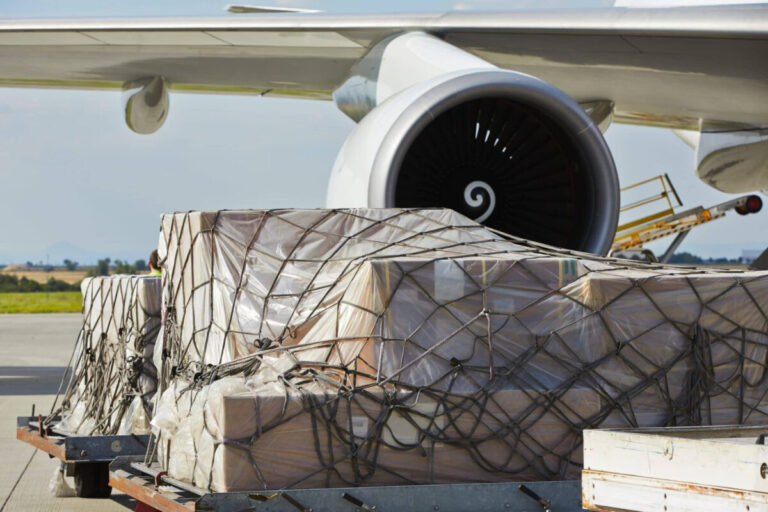
The charter industry finds itself navigating a complex landscape characterized by a host of challenges: global trade dynamics, geopolitical uncertainties, volatile fuel costs, and the persistent problem of excess capacity.
Against this background, prices within the rental market have seen fluctuations over the past year, which was to be expected, although prices rose higher than expected during the peak season. This rise has put pressure on customers, impacting their budget considerations and prompting a re-evaluation of their logistics strategies, although trade has remained strong.
“The key is to stay mobile as a business and move towards areas of the charter market that are performing well,” explained Dan Morgan Evans, global director of cargo at Air Charter Service (ACS).
Far Eastern influence
Increased volumes from the Asia-Pacific region have been a consistent catalyst for upward movements in prices. This increase is often attributed to various factors, such as increased production, consumer spending, or other regional economic activities. Monitoring these indicators and keeping up with emerging trends will be crucial in anticipating market dynamics.
Morgan Evans added: “Demand from the Far East during peak season always causes prices to rise, but I think we will have to see how the first few months of 2024 play out before we get a real idea of where the market is headed.” .
Read: Air Charter Service sees electric vehicle supply chain transforming charter market
Airlines in the freight market
The trend of traditional airlines venturing into cargo operations represents a notable development in the air transport industry. This strategic shift is driven by recognition of the growing demand for air cargo services and the potential profitability of expansion in this sector.
“Certainly, there have been previous orders for cargo ships, but I think a few of those plans have been postponed or cancelled,” Morgan Evans explained. “Overcapacity only impacts a portion of the charter market negatively – and not significantly. More often than not it offers choice and value for money to the customer.
Fill in the blank
In the face of global conflicts and subsequent suspension of operations by traditional carriers, the charter sector has remained resilient.
“Apart from the relief missions and operations, it’s business as usual,” Morgan Evans said.
It is worth noting that the charter sector has played a crucial role in relief missions and support operations, especially in conflict-torn regions such as Ukraine where the need for fast and flexible transportation solutions is crucial.
He continued: “There was a very noticeable increase in emergency humanitarian flights in 2023. First, the world was highly unstable, both politically and through climate change.” “But ACS is also looking to improve its aid offering, with Ben Dinsdale now heading up the sector as Director of Government and Human Services – having global oversight enables us to better serve clients and in a more coordinated way.”
Read: The importance of regional representation
Worldview
While the broader air cargo industry faces a fragile future, the charter sector has concluded 2023 on an encouraging note. Customers, facing the uncertainty of a changing world, are increasingly turning to charter flights as a reliable and flexible means of transportation, strengthening their position as a preferred option during disruptions.
“I think we’ve seen customers understand the benefits of charters in an uncertain world. Through the pandemic it has become the preferred mode of transportation and with the time-critical demands of the modern world, it has become a necessity for many,” explained Morgan Evans.
“I’m confident there will be a lot of opportunities in 2024 – I will keep our focus under my hat but my job will be to help grow our new offices such as Mexico and potentially open them elsewhere in the world – watch this space.” Continue.


